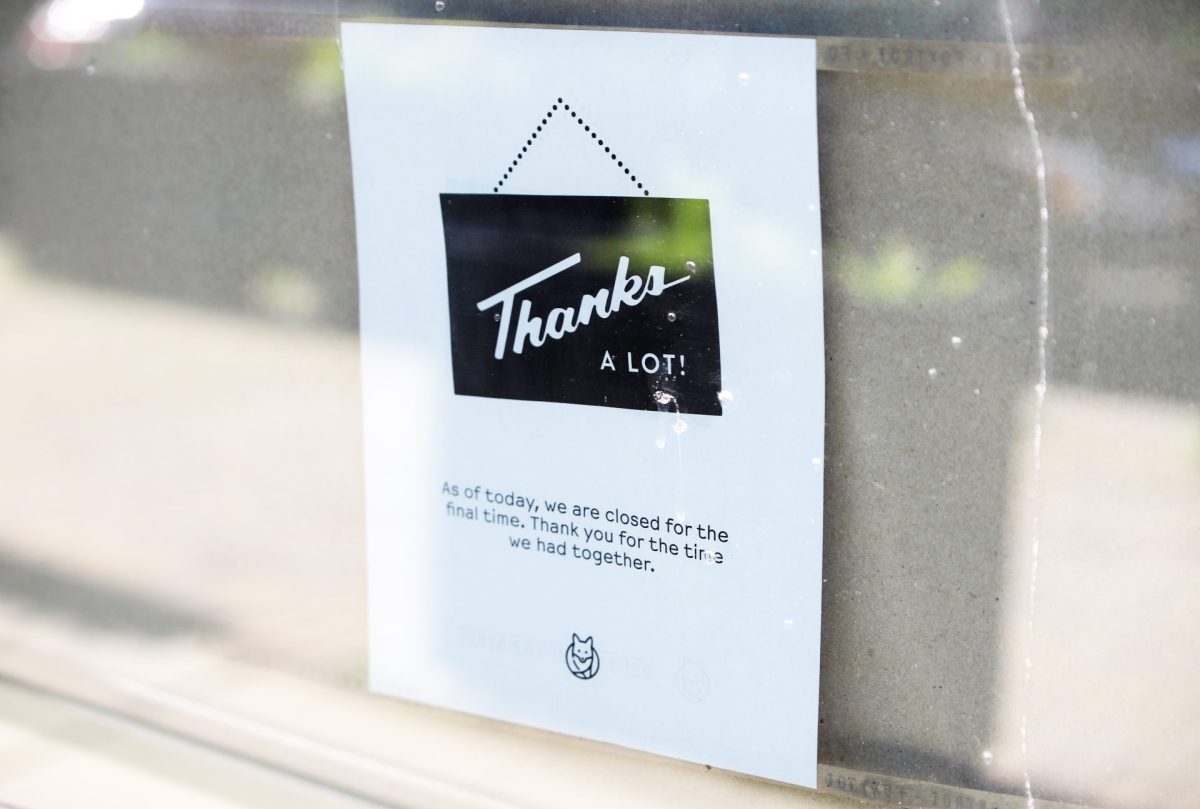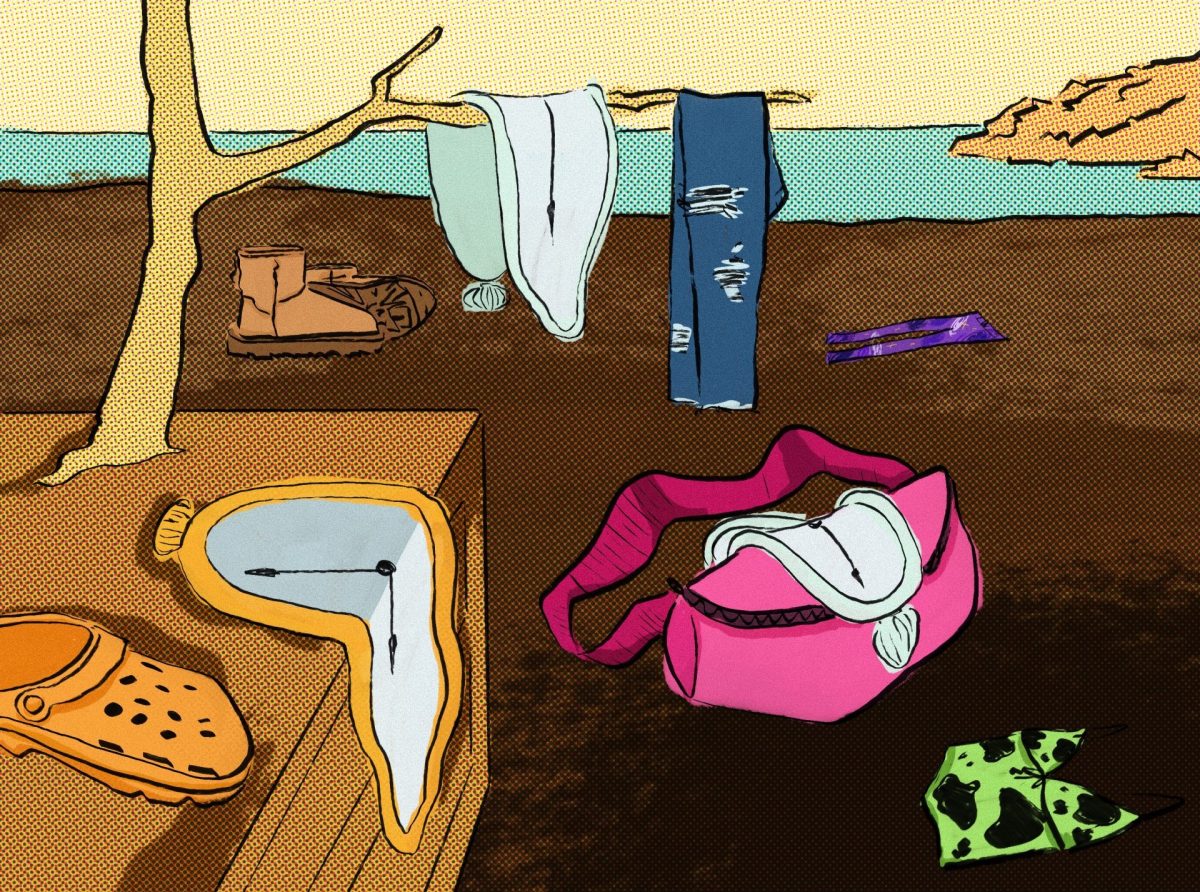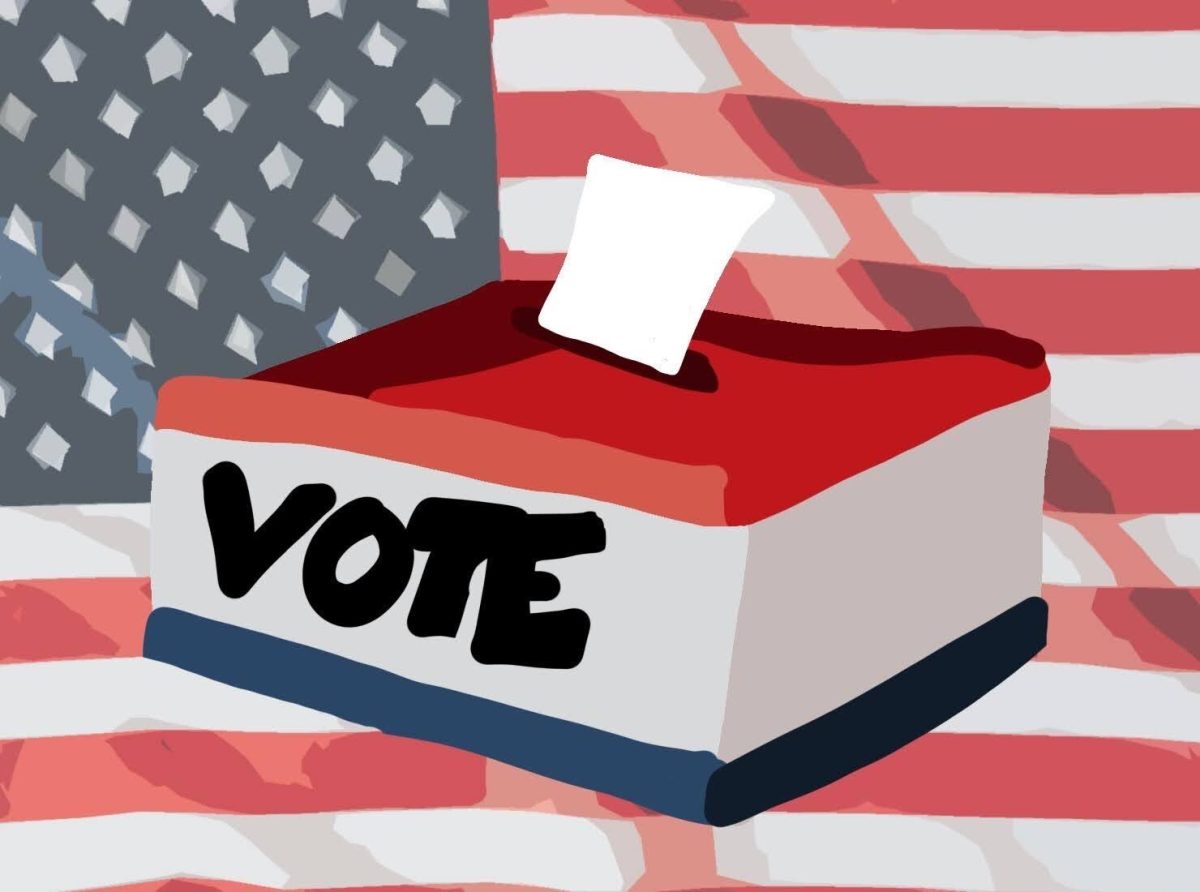Here is a bombshell for you: Hollywood is out of ideas.
Or perhaps, they are just hard-pressed for them. The last several years are proof to this discouraging trend: theaters are filled with sequels; adaptations of books, video games, comics, Glee knock-offs and re-releases.
In 2011, a staggering eight out of the 10 highest-grossing films were sequels (“Harry Potter 8,” “Transformers 3,” “Twilight Part 4,” the “Hangover Part 2,” “Pirates of the Caribbean 4,” “Fast Five,” “Cars 2,” “Rise of the Planet of the Apes”), and the other two in the top 10 (“Thor” and “Captain America”), were comic book adaptations.
The sequels made more than $2 billion combined, and that is just looking at the top 10 highest-grossing films; there are even more sequels further down the list. What was the highest ranked original film? “Bridesmaids,” holding down the No. 14 spot for 2011.
So what does this tell us about movies? Film critics, such as Roger Ebert, have pointed to a loss of revenue for the studios compared to years past, which make these studios less likely to gamble on fresh ideas.
A hit franchise is a cash cow that the movie industry would like to milk for all it is worth. There were eight Harry Potter movies. Eight. That is not a franchise — that is a brand.
“Original scripts are risky, but at the same time franchises are very safe,” said DePaul Communications Professor Kim Clark. “If you own the rights to “Spider Man,” you get to keep telling that story over and over again. You can keep coming to the well and it will keep paying.”
“Sequels and derivative works are safer bets in a market where production and marketing budgets are skyrocketing to attract a shrinking audience,” said Clark.
That is not to say that the movies are a wasteland, or that they are beyond saving. Many respectable, original stories are still being told. “The Master,” “End of Watch” and “Moonrise Kingdom” are some recent examples of solid storytelling.
They might not pack the theaters like Christopher Nolan’s “Dark Knight” trilogy, but demand is there for these kinds of films too, but spec scripts, original scripts intended to be sold to a studio, are disappearing, said DePaul University screenwriting grad student Jon Torrez.
“I don’t know how I’ll ever make any money doing this,” said Torrez. “I’m going to end up writing ‘Cars 12.'”
Part of the problem, according to Clark, is the audience.
“People know these stories already. I don’t have to be told the plot, the characters, or make a decision about whether I’ll like it or not. I’ve already decided,” she said.
Therefore we are going to movies that are safe, both for us and for the studios. Investors get a decent rate of return, studios and actors get paid, and we watch movies that we ostensibly like.
What is the problem, then? The problem is nothing changes in this cycle. There is no innovation, beyond gimmicks like 3D which, by the way, when combined with a popular re-release, is practically a river of money. A perfect example of this is “The Lion King 3D.”
Also, there is not much incentive to produce original films that cannot be turned into a franchise. The result is the audience becomes bored to death, and turns to services like Netflix to watch movies instead of going to the theater. Much like when the NFL had their replacement referee issue, the major studios need to be scared. There needs to be a backlash in order to get things to change.







